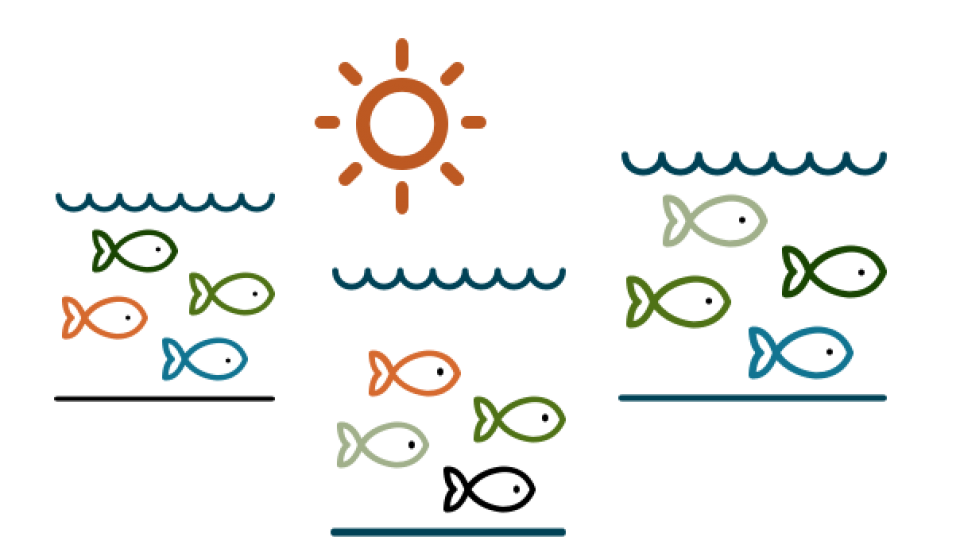Overview
This project aimed to design and construct an experimental fishway facility near Bangkok, Thailand, and to conduct research at the station. The results could provide basic information for designing fish passes that could be used throughout Southeast Asia.
Riverine development projects, including migration barriers, threaten capture fisheries in the Lower Mekong Basin. Inland fisheries yield 2.8 million tonnes and account for 7% of total region's fisheries contribution. They deliver food security and income for rural households and provide protein and important micro-nutrients. Any changes in migration, reproduction and biodiversity of aquatic populations could decrease fisheries' productivity.
Fishways - channels which permit free passage around or through a fish migration barrier - can mitigate migration barriers. Fishways have helped to mitigate many fisheries globally, but design criteria should be established for local species. Applying technology from studies conducted elsewhere fails to capture unique local species ecology, which can lead to ineffective designs. Although initiatives are underway in Lao PDR, the study sites are generally inaccessible, and the ability to demonstrate success to wider interest groups is limited.



